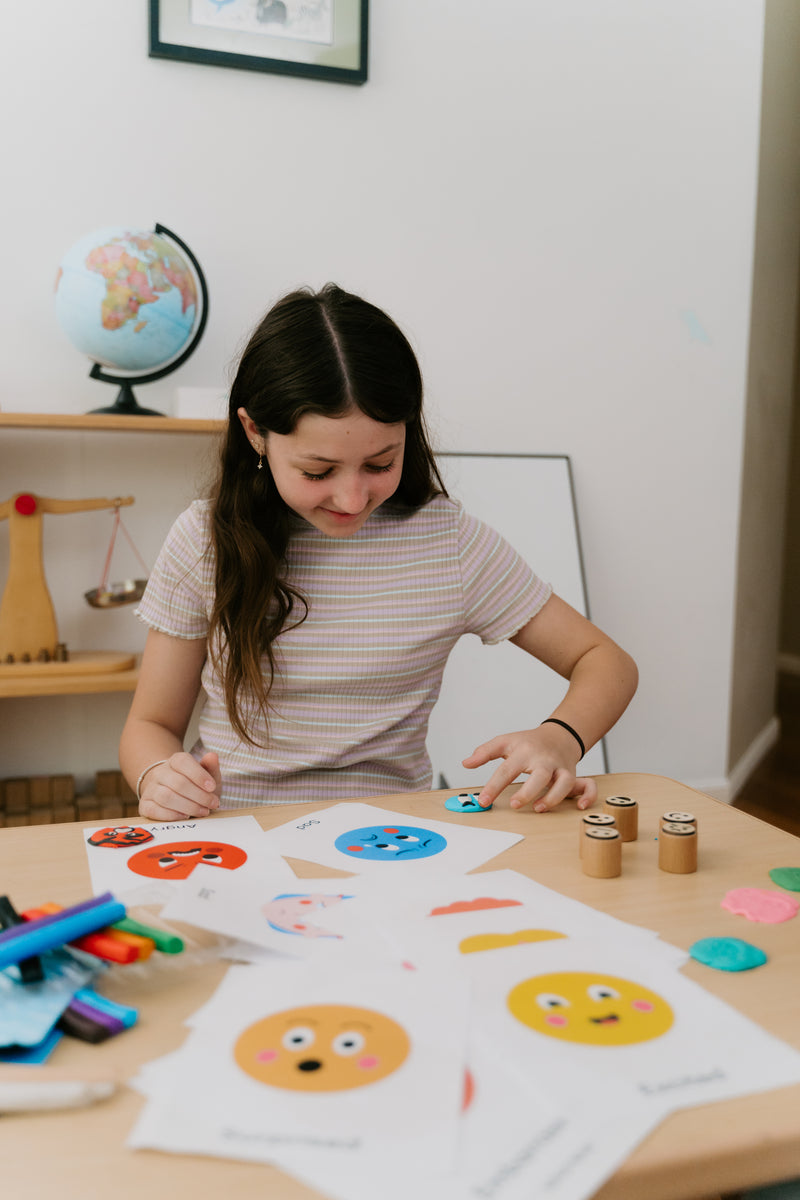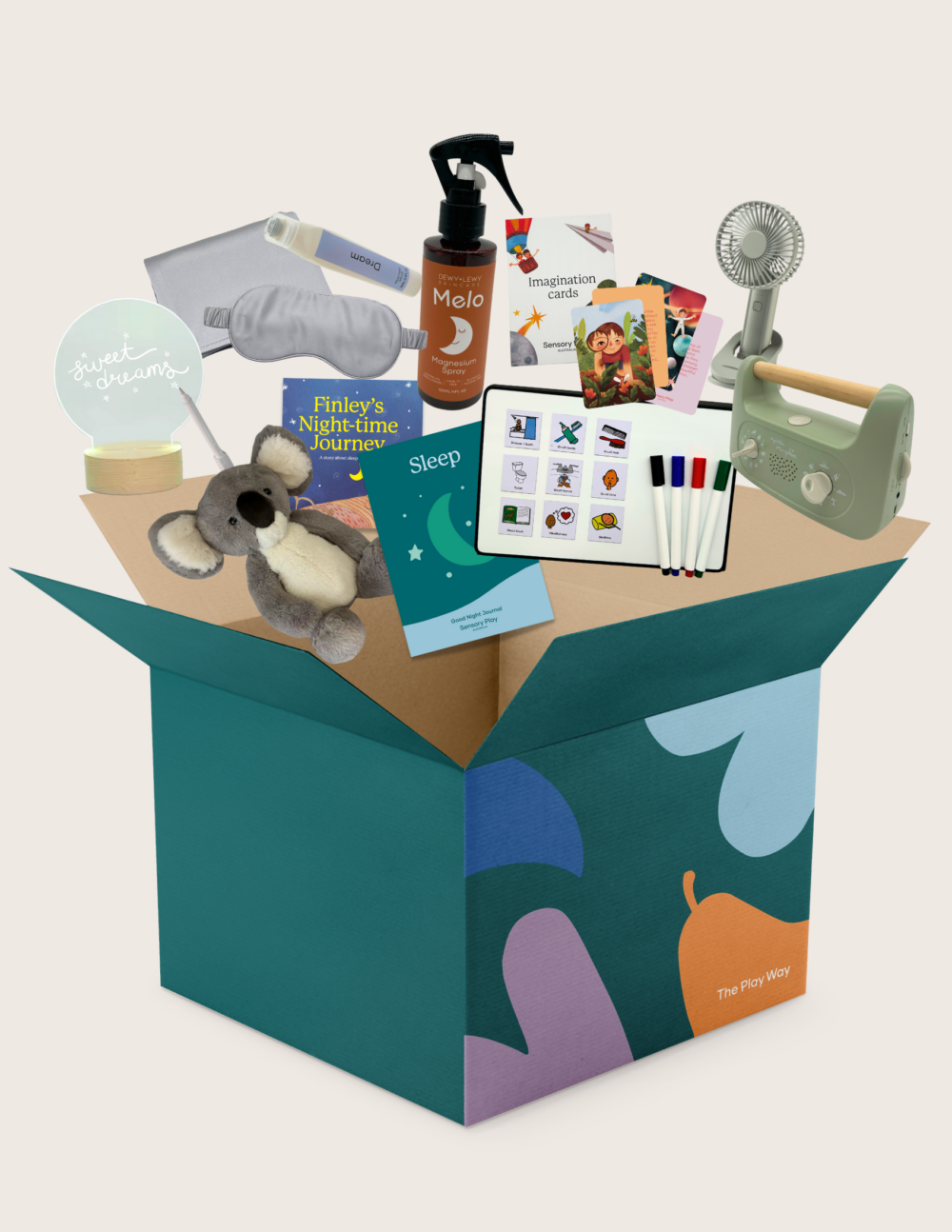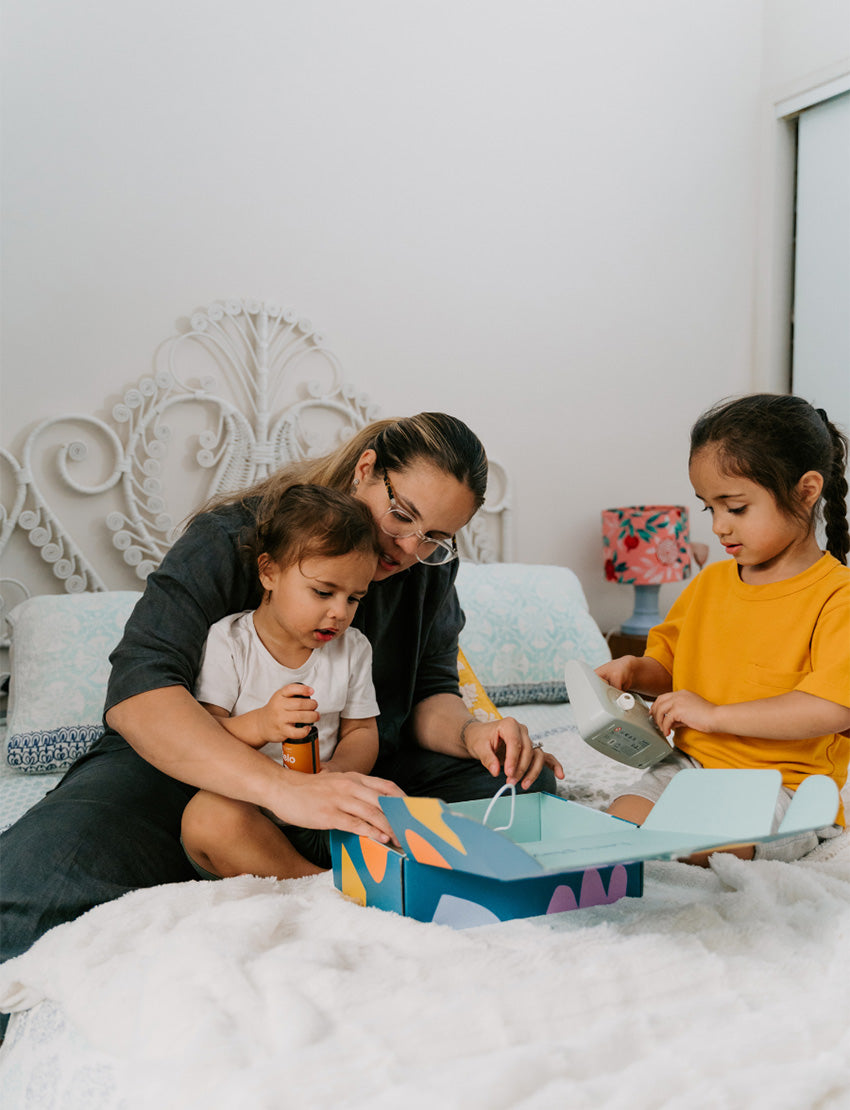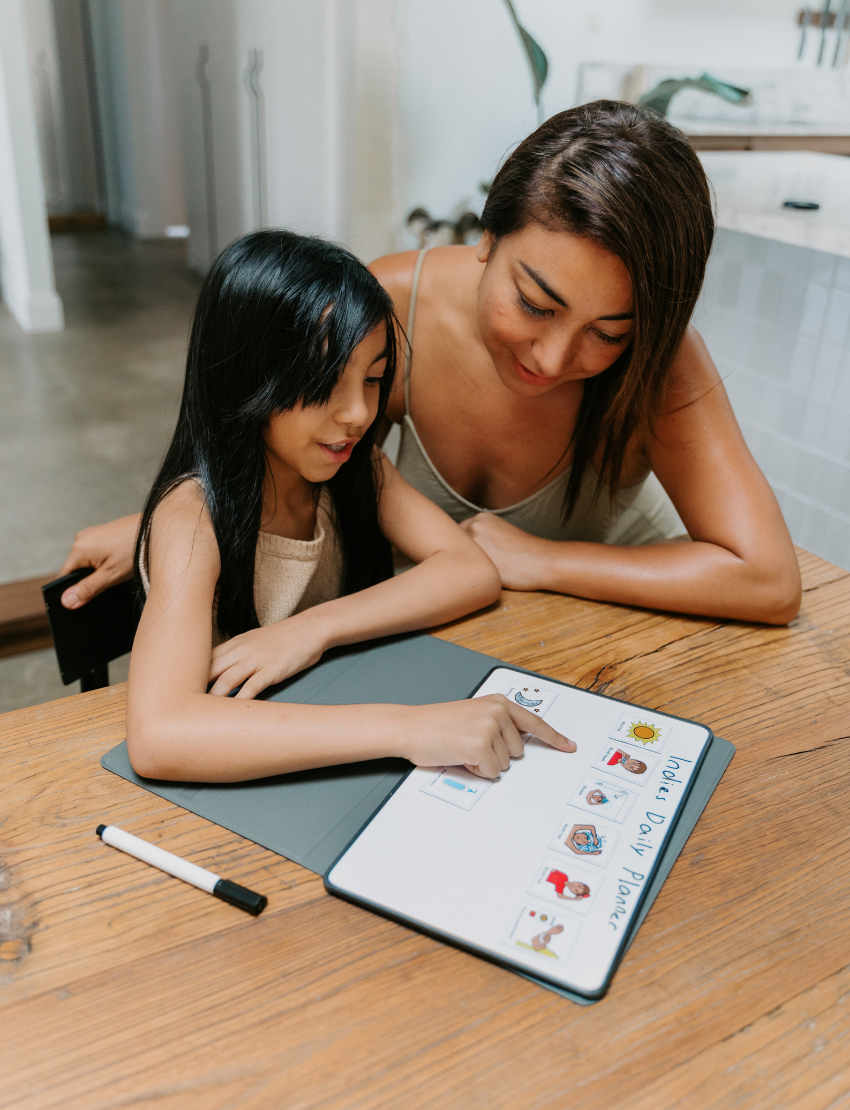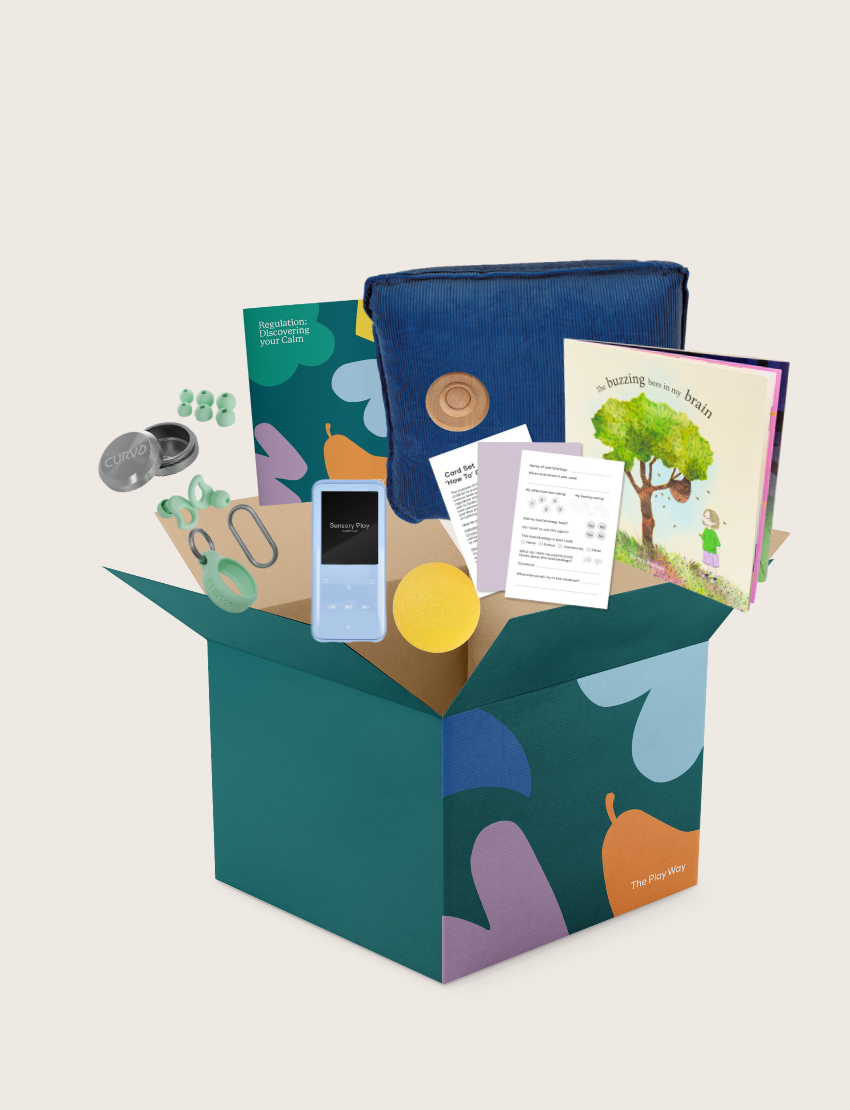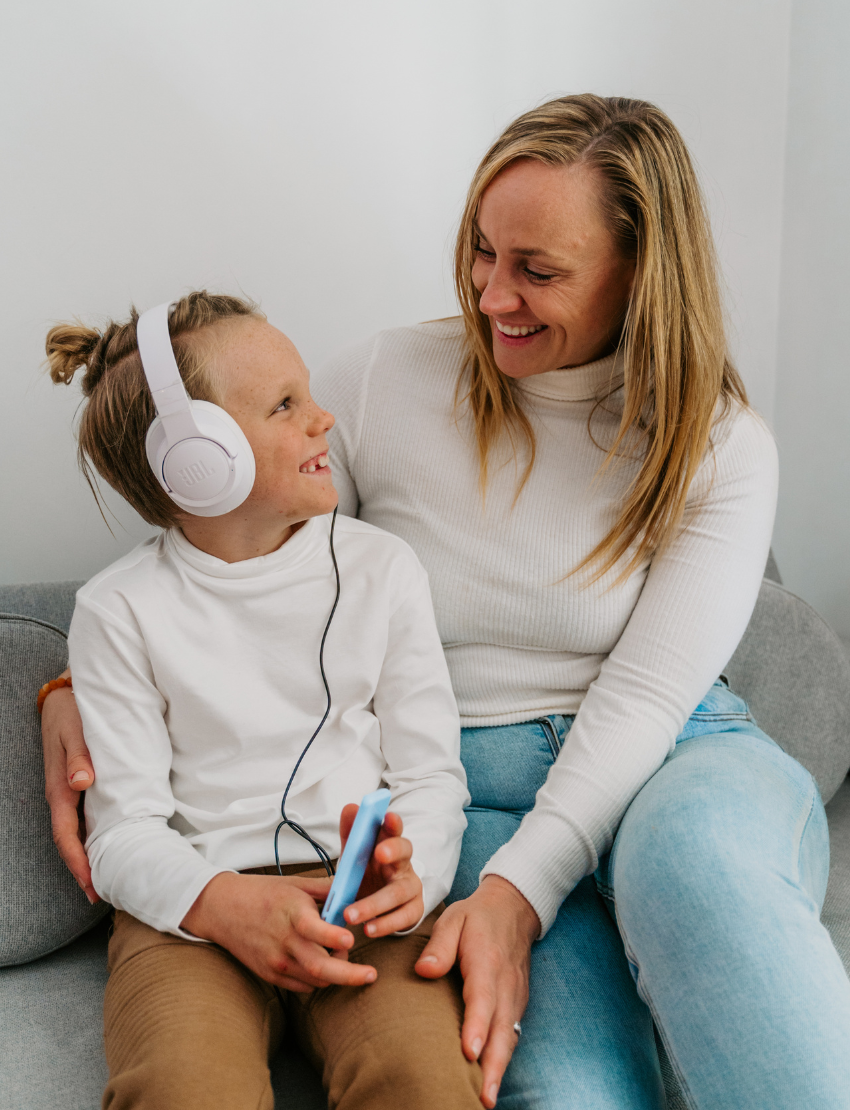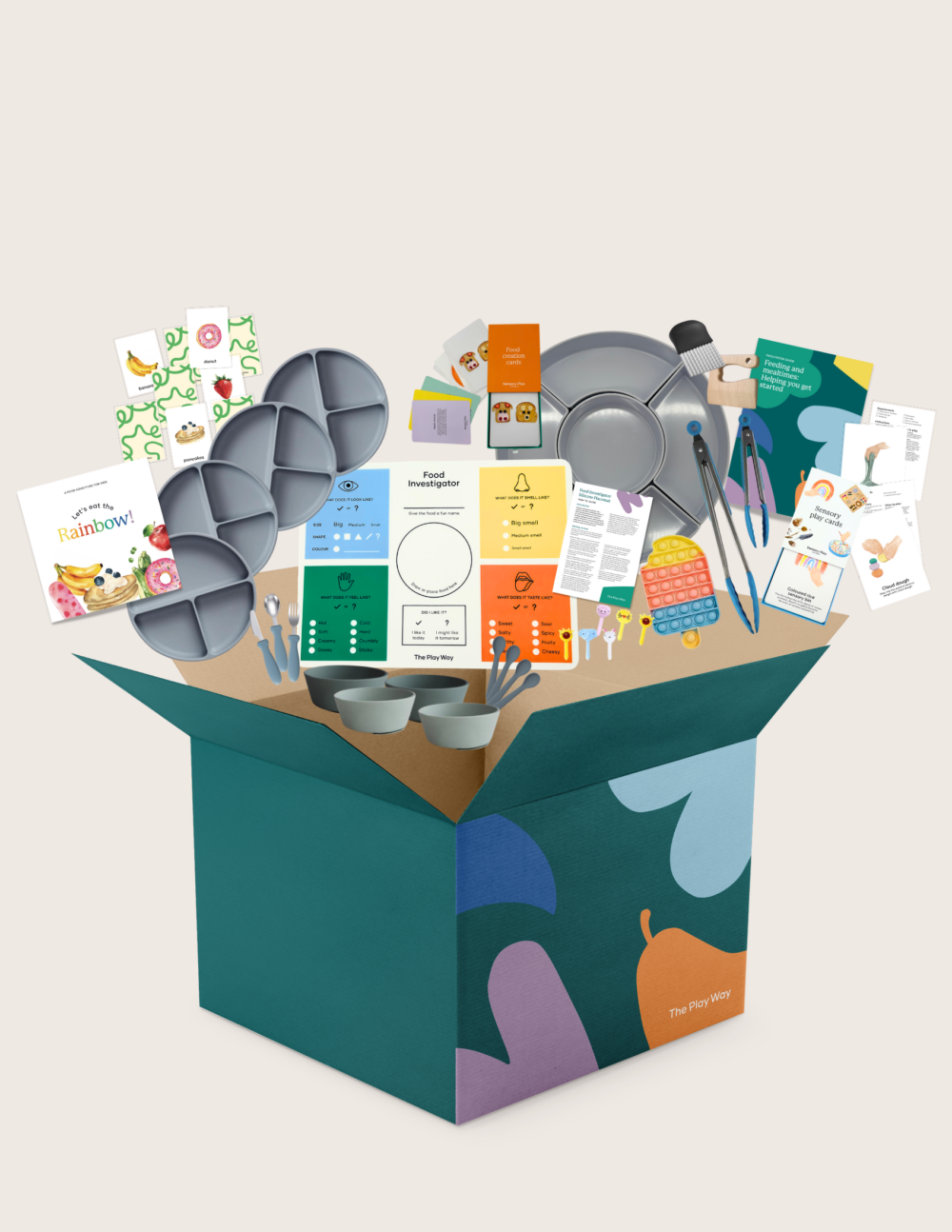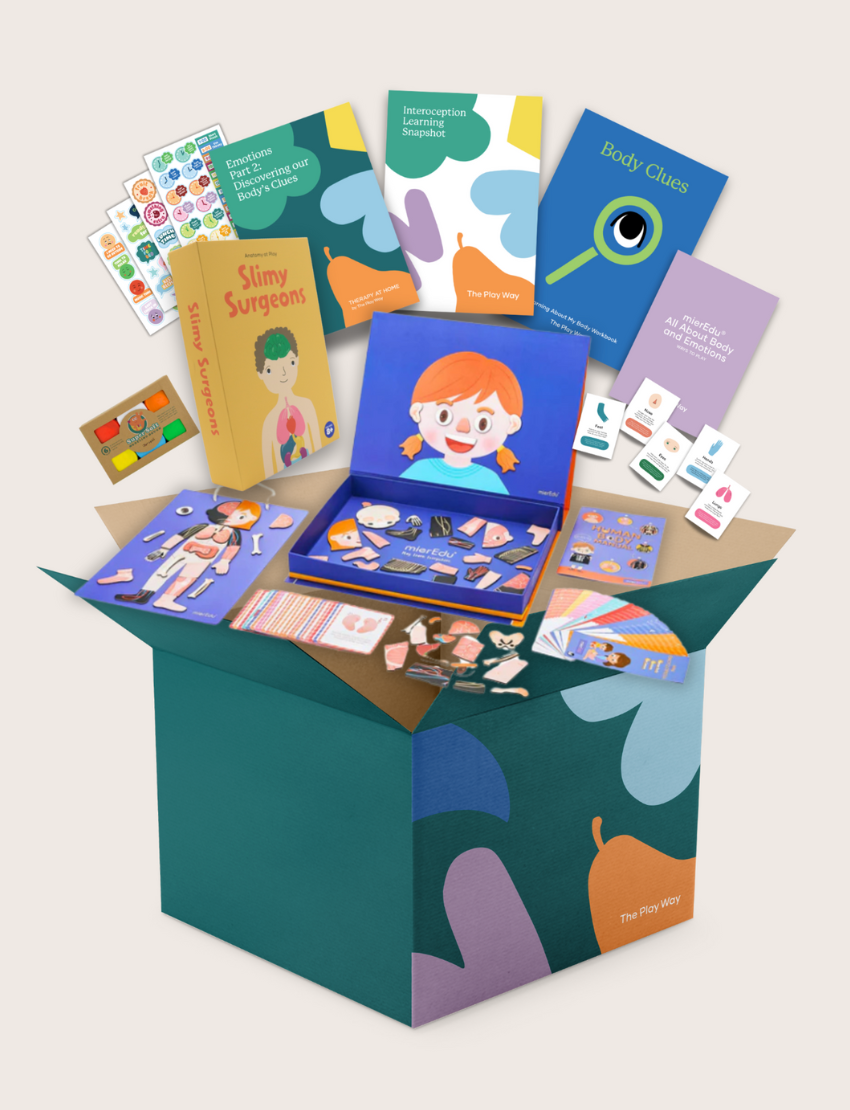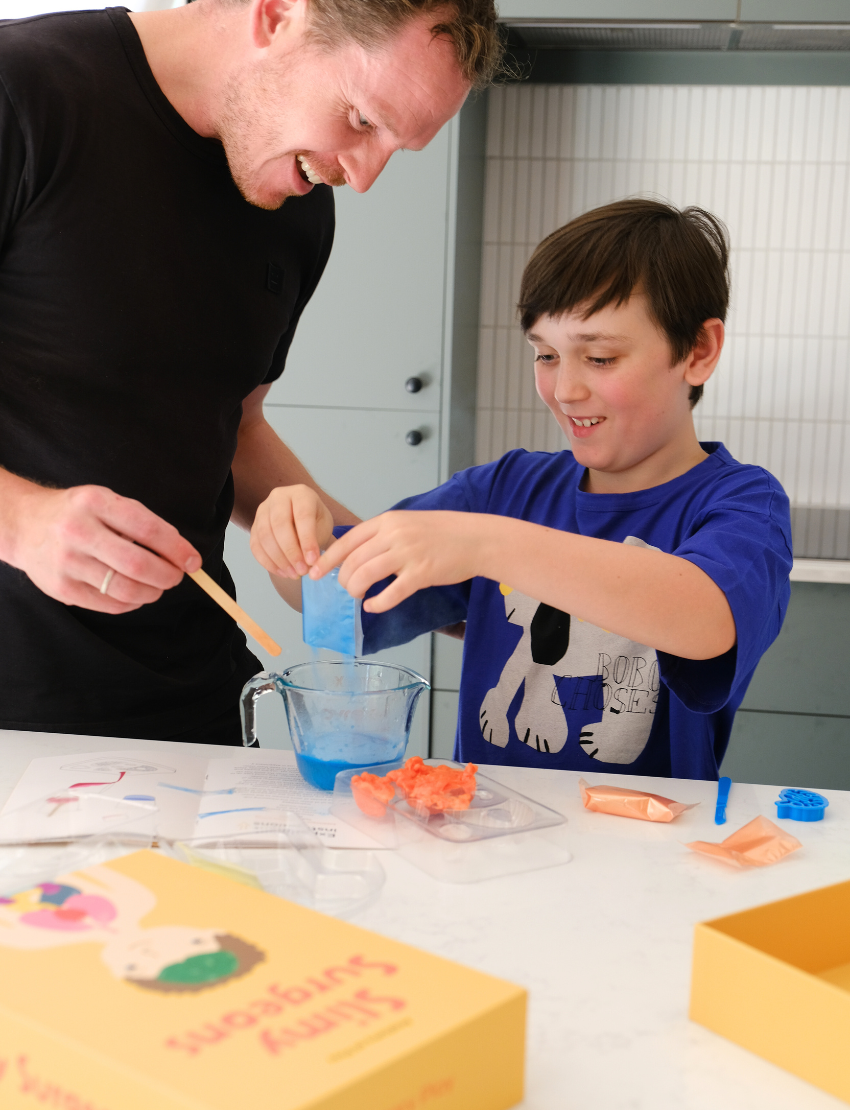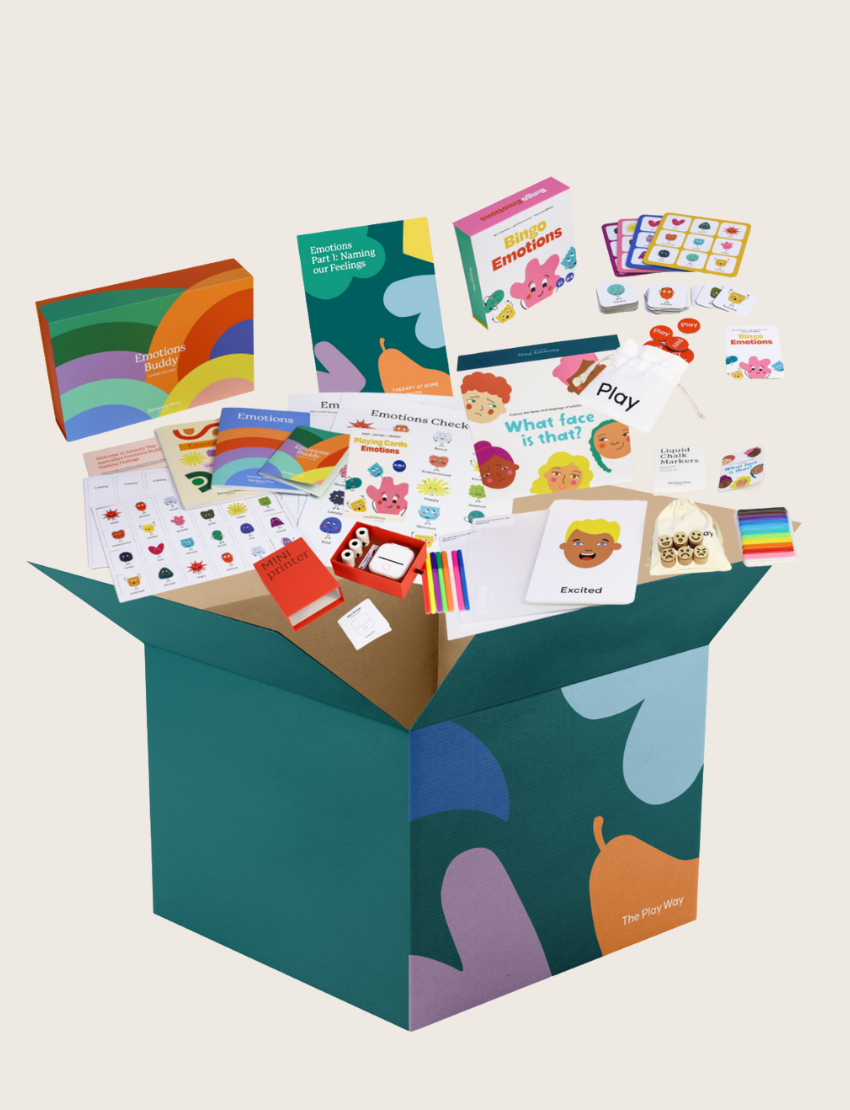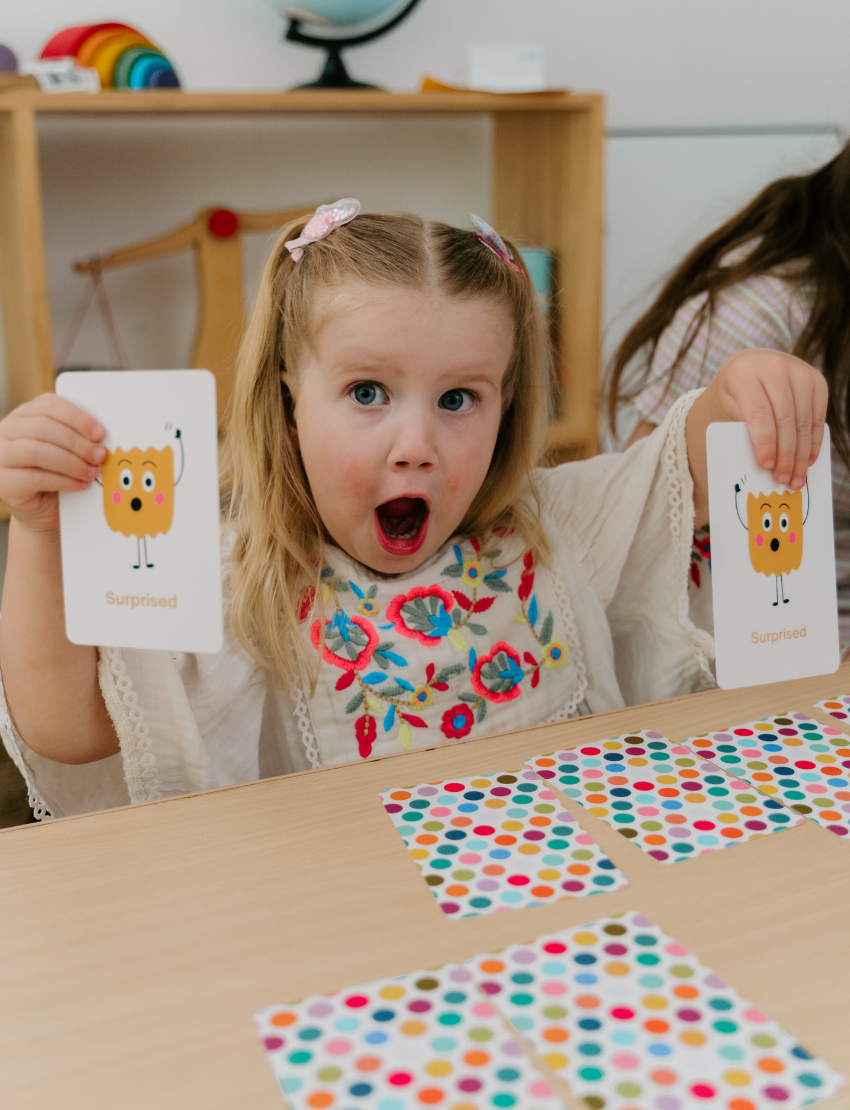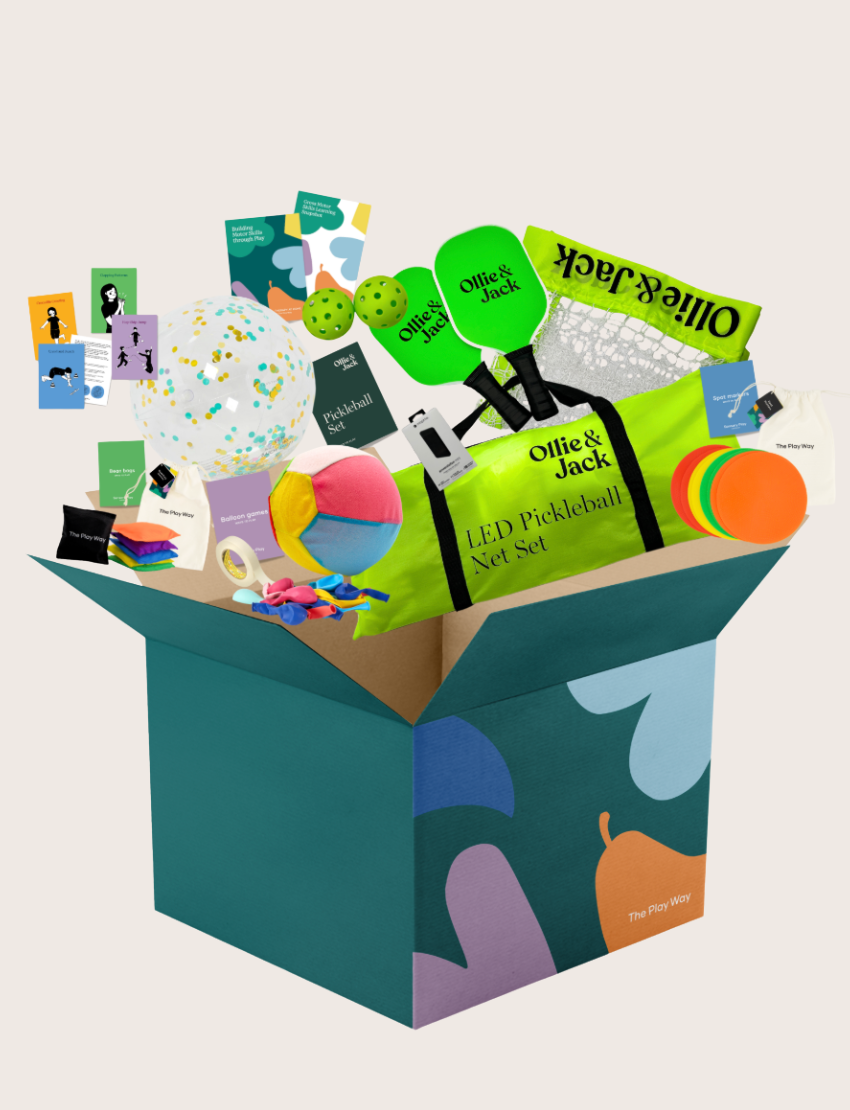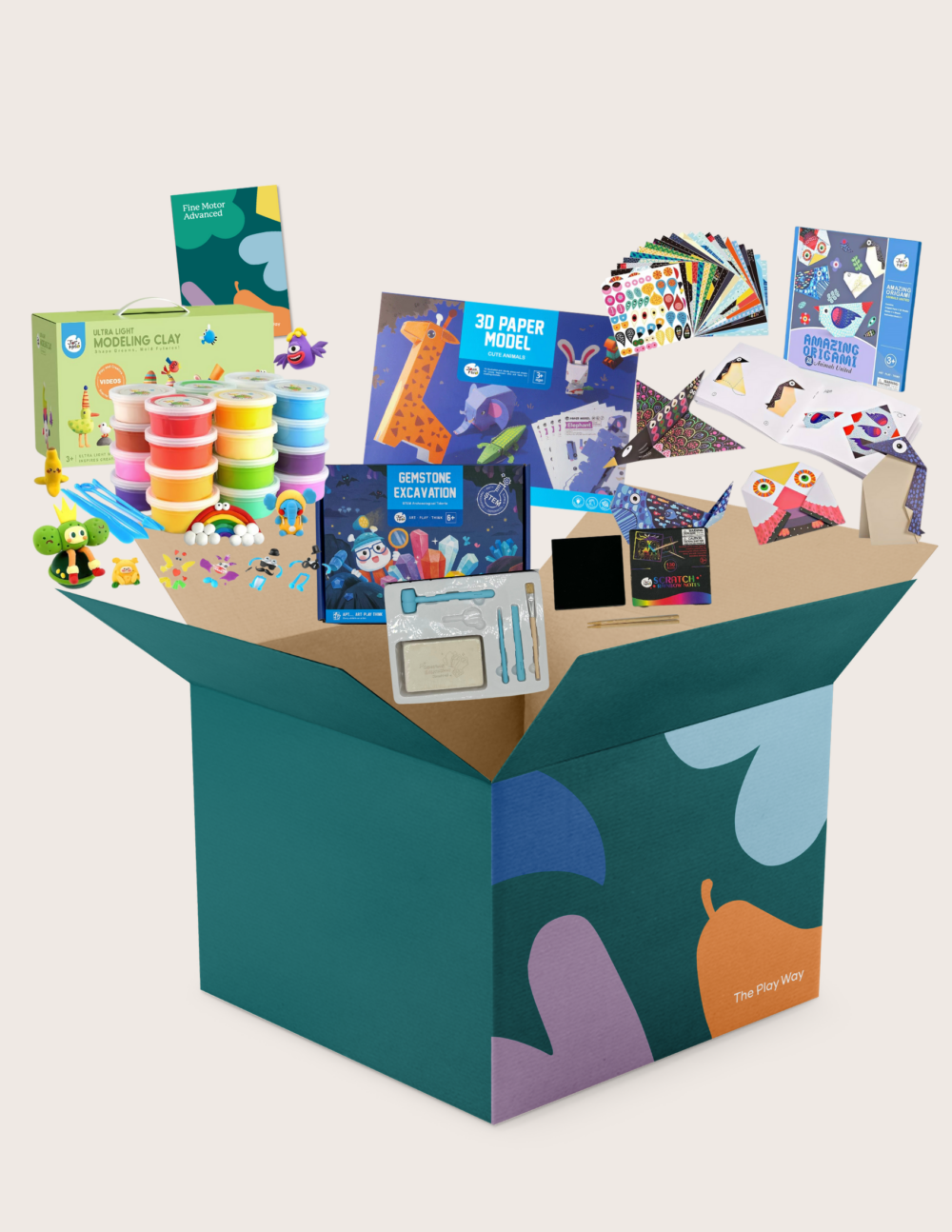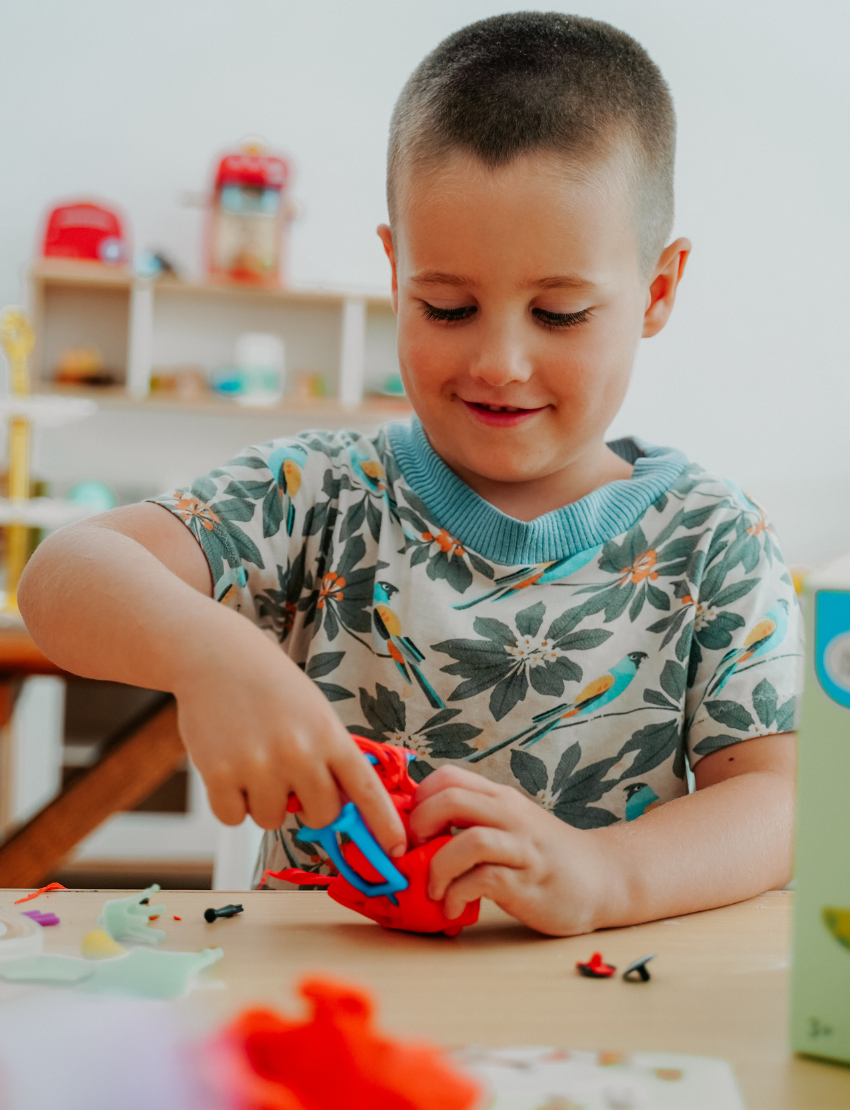Grab access to our ever-growing vault of free digital resources in one place! Sign up to unlock the vault and get instant access to printables, guides, play ideas and much more!

Therapy that feels like play
Developed by OTs, speech therapists, psychologists and educators.

NDIS DISCLAIMER
Therapy at Home is delivered via a digital health platform that is not currently recognised by the NDIS. Please do not attempt to claim Therapy at Home programs through your NDIS plan at this time.
We are currently offering pilot access to our Hub platform that hosts our Therapy at Home programs, for more information and to apply, Learn more and apply here.
We offer therapy programs in the comfort of home
Therapy at Home was born out of a need for children to be able to access occupational therapy services during the pandemic.
Over time it’s grown into something so impactful that we’ve continued to develop a variety of programs that we deliver far and wide.
We understand that clinic-based therapy isn’t practical or accessible for all families, so we’re thrilled to offer skill development in a flexible and accessible way.
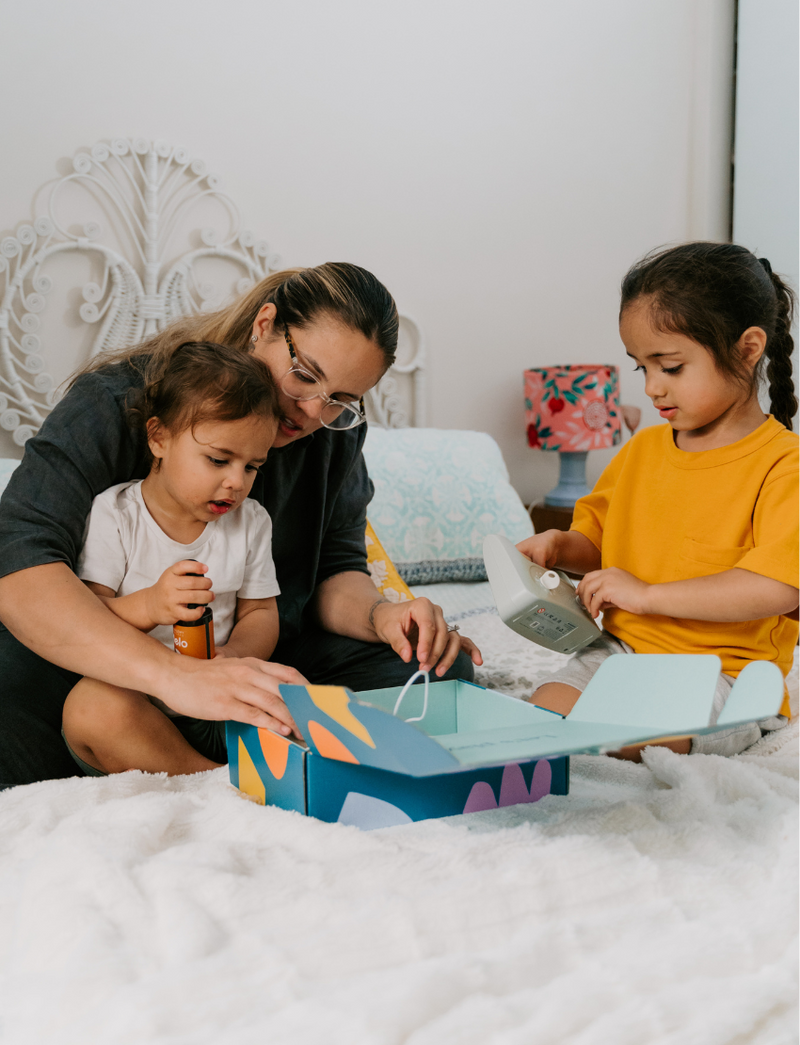
KEY BENEFITS OF THERAPY AT HOME PROGRAMS
What are the benefits?
Accessibility
Environment
Empowerment
It's therapy that feels like play
Therapy at Home programs are delivered via online video training and a toolbox of therapeutic resources that are delivered to your doorstep. This format allows children, their families, and their support teams to engage in skill-building practices wherever and whenever it suits them best. The video training is available on demand so families can revisit it at any time.
We also offer telehealth consults with our OTs, speech therapists and allied health professionals.
Developed by a team of committed therapists with many years of experience, our programs are practical, engaging, simple and effective.

Why play?
Our programs adopt a play-based approach because we believe play is the most impactful way for children to develop and integrate new skills. Play is sometimes seen as ‘just for fun’, rather than a vital therapeutic tool. This can stem from the idea that therapy should be structured and serious. However, the unstructured and joyful nature of play is precisely what makes it so effective.
Play meets children where they are, in a way that feels natural to them, making it an incredibly powerful form of therapy. Play-based therapy is evidence backed and we hear real-world success stories from our community each and every day.
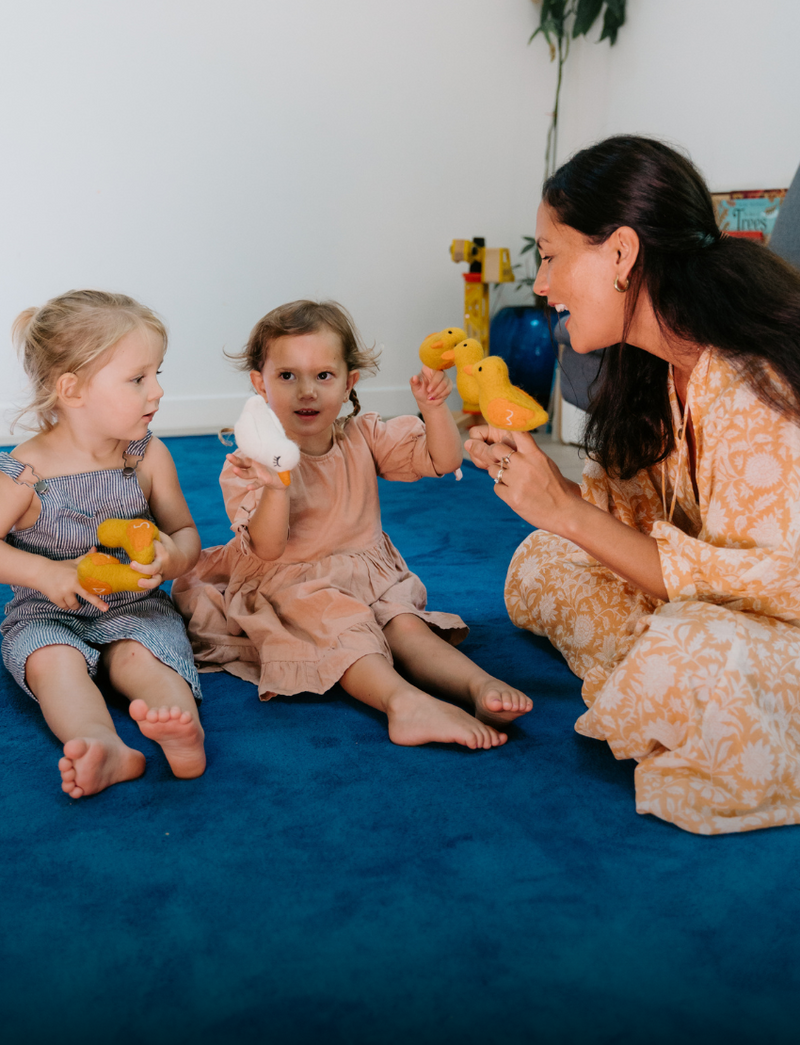
Our evidence-based approach
Our programs are created by a range of qualified paediatric professionals including OTs, speech pathologists, psychologists, educators, nutritionists and more. They pour their research, professional practice and experience into every single program.
In addition, our programs implement a range of evidence-based practices including:
- Naturalistic intervention: We embed teaching opportunities into natural situations like everyday routines and activities, in the home environment.
- Parent-implemented intervention: We provide clear video training and printed materials so parents and caregivers can deliver activities and strategies to support the development of new skills.
- Prompting: Our programs' activities include a range of verbal, gestural, physical and visual prompts to help children build new skills, in a way that feels natural, positive and like a part of play.
- Task analysis: Our programs break down tasks into manageable steps to help embed new skills and build confidence. We do this through visuals, written materials, providing hands-on tools and via clear video training.
- Video modelling: We implement video modelling into all of our programs, through the provision of on-demand video training. Our facilitators are experts in their field, and we even use child presenters at times to help keep participants' engaged.
- Visual supports: Our programs, tools and resources regularly utilise visual supports to aid with communication and comprehension. Through workbooks, posters, visual schedules, magnets and all kinds of creative applications we embed visual supports all throughout our therapies.
Source: Evidence Based Practices Report
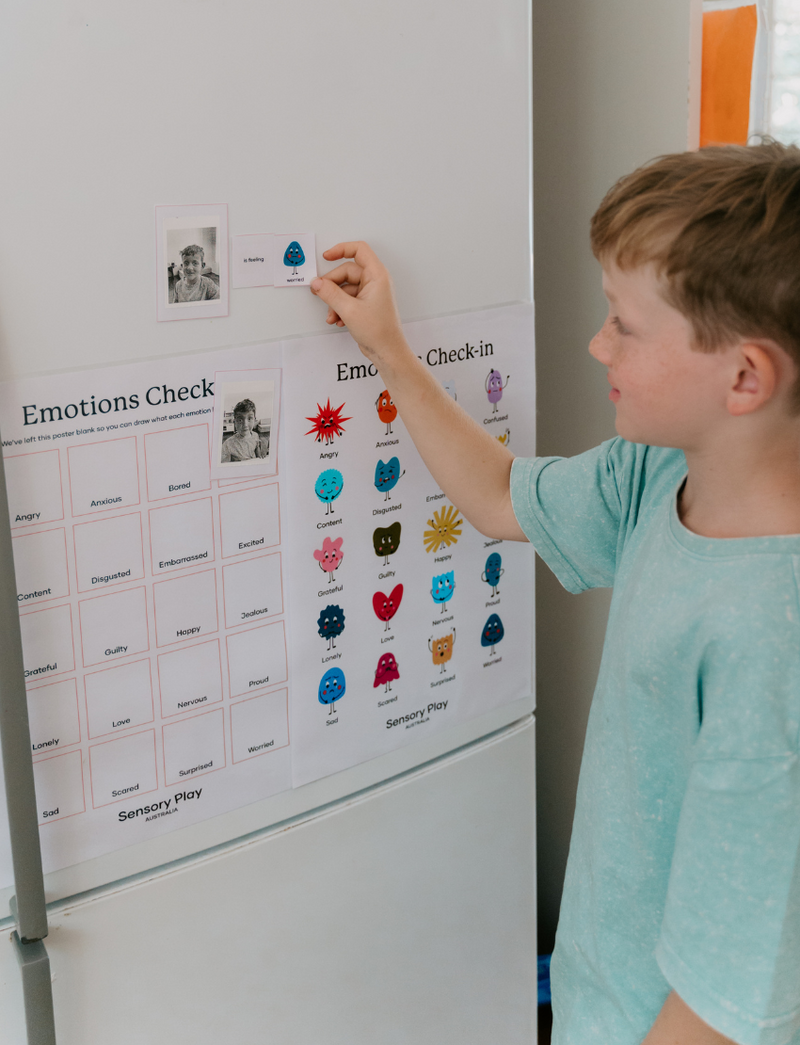
Key skills we can help with

Regulation
11 items

Executive Function
6 items

Handwriting
6 items

Routines
6 items

Motor Skills
15 items

Communication
5 items

Self-Care
4 items

Eating
2 items
Our proven model
Today, our multidisciplinary team of experienced therapists has delivered over 21,000 programs to families across Australia, maintaining an exceptional 95.3% satisfaction rate. Our approach aligns with best practice guidelines for natural environment interventions, and the research backs what families tell us every day; when we combine expert-designed digital content with tangible tools that reduce barriers to engagement, we fill a critical gap in how therapy support can be delivered and children thrive in ways we never imagined possible.
